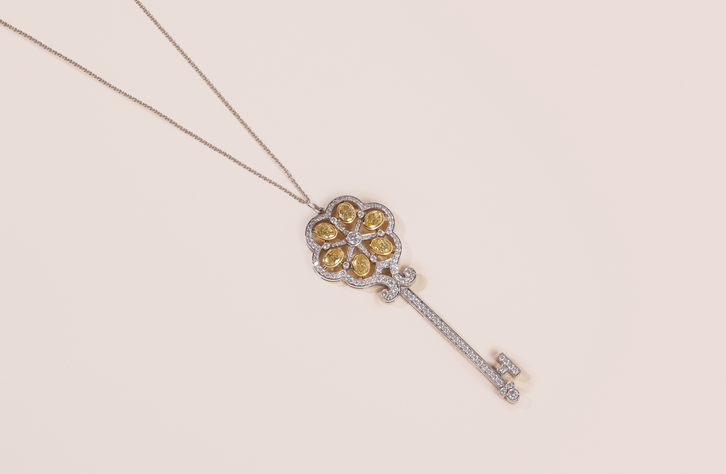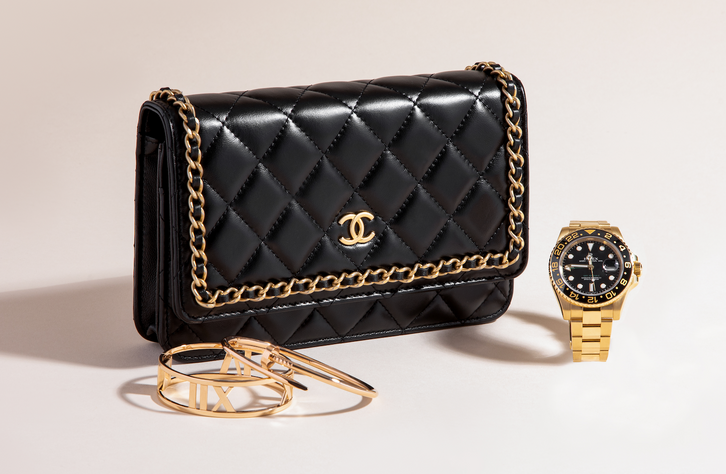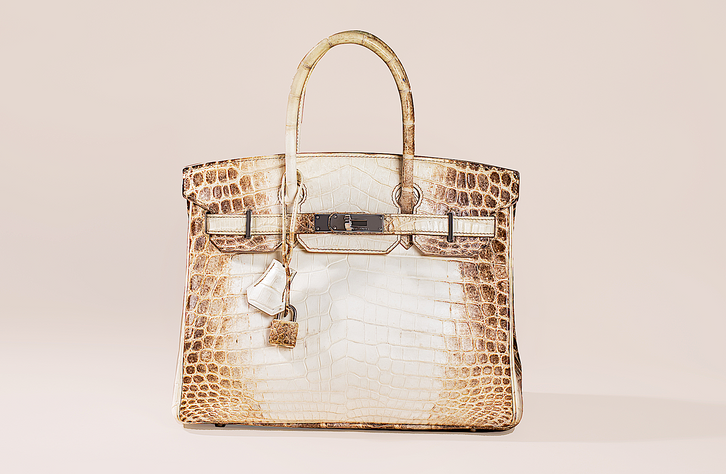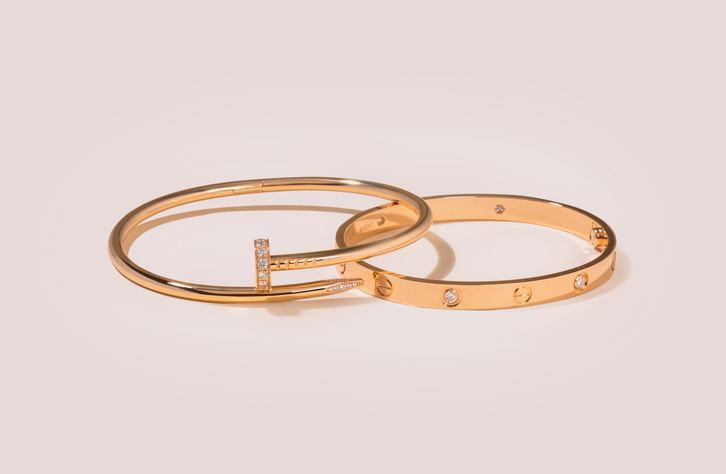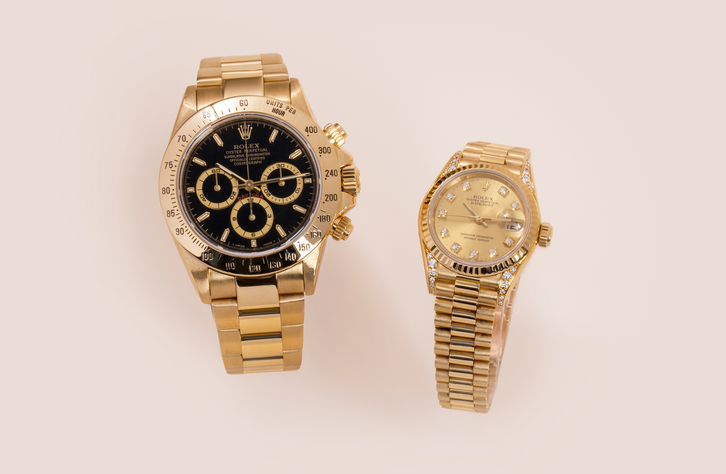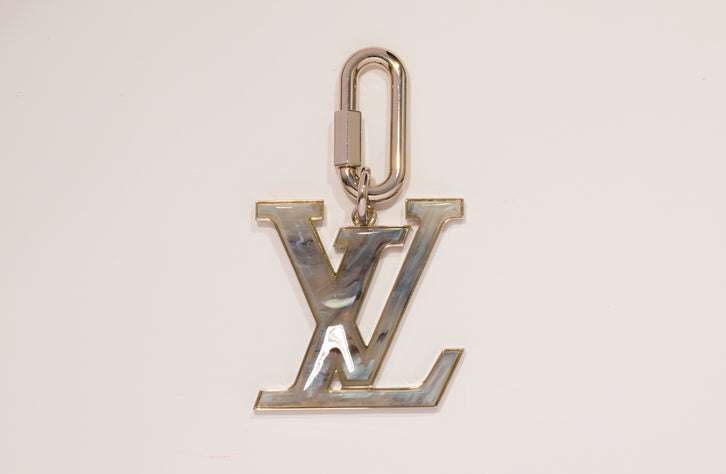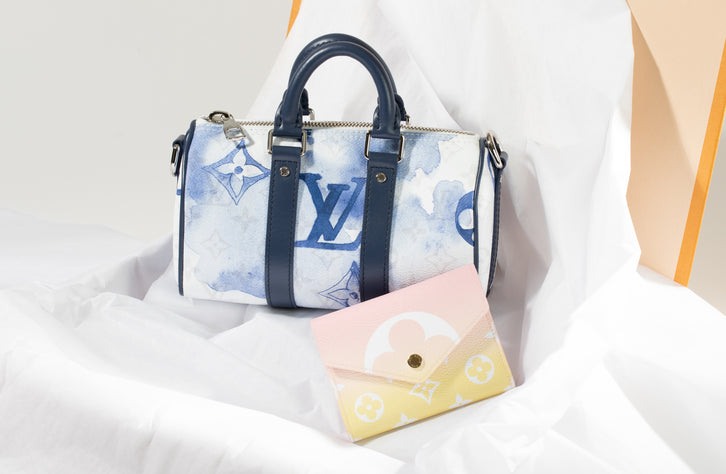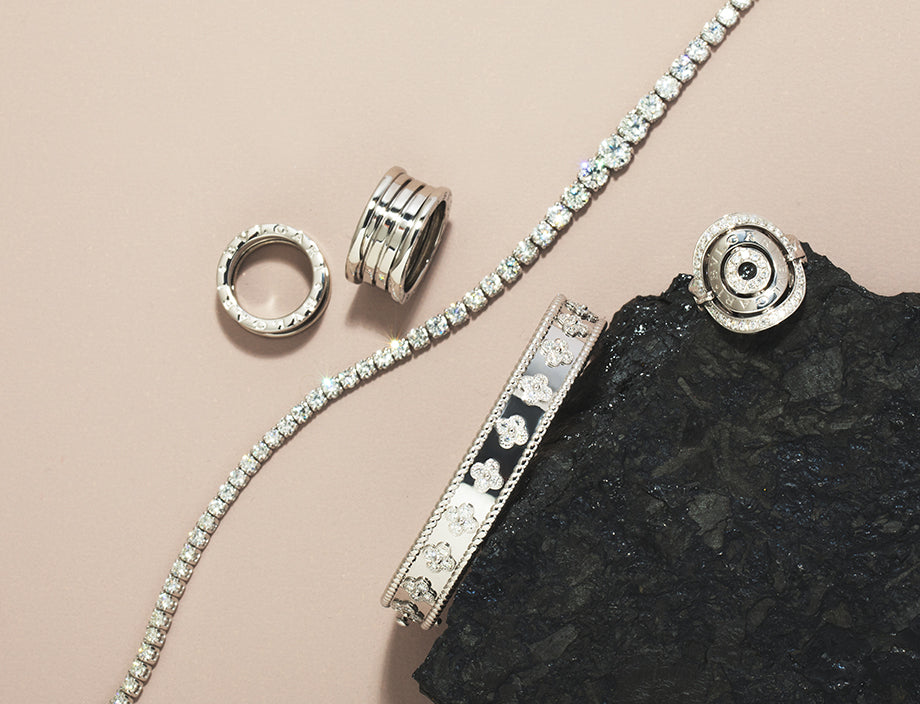To save you from hours of research, our gemologists will guide you through the pros and cons of moissanites and diamonds. From their brilliance, versatility and value, we cover everything you need to know about these two gemstones.
Moissanite vs Diamonds:
- What is moissanite
- What is a diamond
- How moissanite differs from diamonds
- Moissanite vs diamonds: pros and cons
- What are moissanite and diamonds worth
- How to sell moissanite or diamonds
What Is Moissanite?
Moissanite is a popular diamond alternative, first discovered by Henri Moissan in 1893. Moissan was examining rock samples from a meteor crater in Arizona and mistakenly thought that he found diamonds. In 1904, Moissan realized that he had actually found a silicon carbide, which later became known as moissanite.
While synthetic silicon carbide was produced a few years before Moissan’s discovery, moissanite was introduced into the market in 1993 when Charles & Colvard received the patent to create it.

As natural moissanite is rare, all moissanite used in jewelry is synthetic. Moissanite is designed to look similar to diamonds and are a diamond simulant like cubic zirconia and rhinestones. Rather than carat weight, moissanite is measured by their size in millimeters because they weigh less than diamonds. For example, a 1 carat diamond is comparable to a 6.5mm moissanite.
What Is A Diamond?
Renowned for their captivating sparkle and timeless beauty, diamonds are simply carbon that has been exposed to extreme pressure and heat. Diamonds can be created naturally deep within the earth or artificially in a controlled environment.
If certain minerals are present during the formation process, such as boron or nitrogen, this creates a fancy colored diamond. They can also be enhanced through artificial treatments such as fracturing filling or HPHT to improve its color or clarity. While these treated diamonds may look more enticing, they are considered less valuable in comparison to their fully natural counterparts.
How Does Moissanite Differ From Diamonds?
There are 4 main differences between moissanite and diamonds:
- Due to moissanite’s unique composition, they appear to have more facets than diamonds do, even when cut the same.
- They also produce strong brilliance and fire which appears as a rainbow of flashes. While diamonds also produce fire, this effect is so intense in moissanite’s that they are sometimes referred to as “disco balls.” Depending on your tastes, this strong rainbow of colors can be off putting.
- Moissanites are far less valuable than natural diamonds.
- Moissanite is also available in four color groups:
Moissanite vs Diamonds: Pros And Cons?
Now that you know the essentials about moissanites and diamonds, below are their benefits and drawbacks:
Moissanite
PROS:
- Greatly resemble diamonds so moissanite engagement rings can be a great option
- Significantly cheaper than diamonds
- Available in fancy colors and fancy diamond cuts
- Have a higher refractive index than diamonds, letting them sparkle in duller lighting
- A 9.25 on the Mohs Scale of Hardness, making them almost as hard as diamonds and resistant to abrasions
- Do not become cloudy over time like cubic zirconia
- Conflict free and free from exploitative mining practices
CONS:
- Some people do not like the strong “disco ball” affect which intensifies in sunlight
- Not rare or valuable
Diamonds
PROS:
- A real diamond is considered by many to be the must-have gemstone
- Choice of natural or man-made (otherwise known as lab diamonds, lab grown diamonds or lab created diamonds)
- When well-cut, diamonds provide exceptional brilliance and sparkle
- The hardest mineral on earth at a 10 on the Mohs Scale of Hardness
- Better maintains its value in comparison to diamond simulants
- Much more valuable than moissanite
CONS:
- Diamond costs are much higher than moissanite
- Mining diamonds can be harsh on the environment
What Are Moissanite And Diamonds Worth?
In the moissanite vs diamonds debate, one of the biggest factors to consider is their price. Moissanite is far less valuable than diamonds. While a nice one carat diamond can easily cost you over a thousand dollars, a comparable moissanite will only cost a few hundred. If you are considering buying a fancy colored stone, the price difference will be even more outstanding.

If you have moissanites or diamonds to sell and are curious about what they will be worth over time, the answer is clear. Since moissanites are not rare and easily mass produced, they are not valuable.
Diamonds on the other hand, better retain their value. While you are unlikely to get back what you originally paid for your diamonds, you can typically expect to receive 25% to 50% of its purchase price.
How To Sell Moissanite Or Diamonds?
How To Sell Moissanite
If you have moissanites or diamonds that you are interested in selling there are a plethora of buyers that you can meet with. As moissanites do not retain their value, you may consider selling them to local pawn shops.
How To Sell Diamonds
As for selling diamonds, your best option is to work with the experts. At myGemma, we are one of the leading online buyers of diamonds. Thanks to our team of industry experts, international presence and global buying power, we will always provide you with competitive cash offers for your diamonds.
To sell your diamonds today, simply complete our online form and we will contact you with a price quote. Getting your final offer is just as easy, you can schedule an appointment or request a free, fully insured, trackable and overnight shipping label.
Once your diamonds arrive at our office, they will be evaluated by our GIA trained gemologists who will calculate a competitive offer. You can accept payment by wire or check. There is no obligation to sell and you can always request to have your items returned to you for free.
Our professional selling process is so seamless and fast that the entire process can take as little as 24 hours. It’s no wonder why we have an A+ rating with the BBB and hundreds of fantastic customer reviews.
